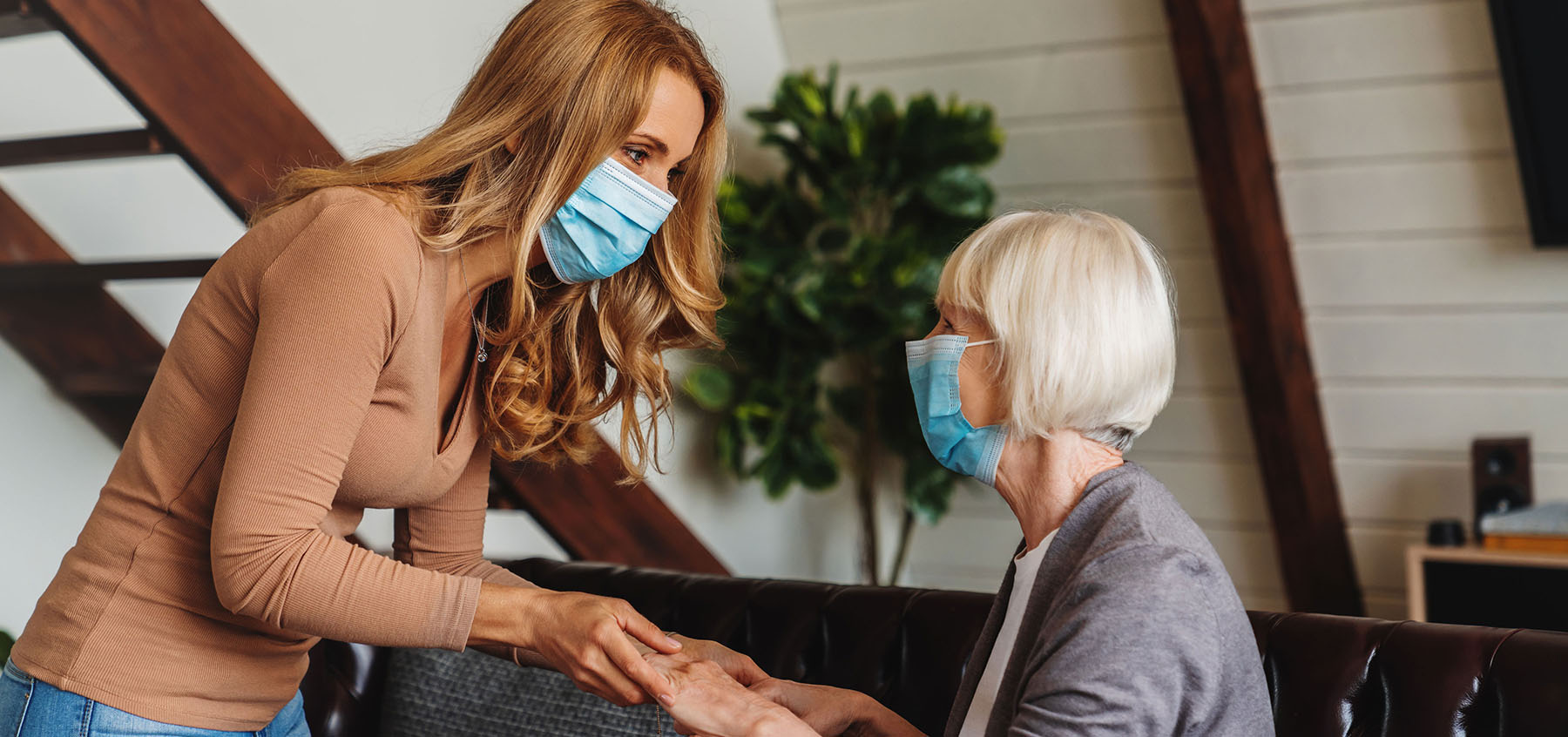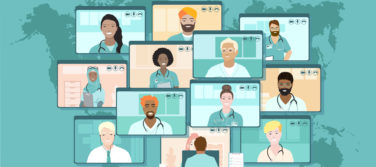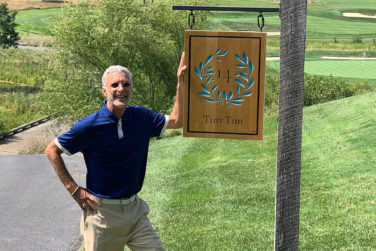In February, Ghana became the first country to receive a shipment of COVID vaccines from UNICEF and WHO’s COVID-19 Vaccines Global Access (COVAX) initiative, dedicated to closing the COVID treatment gap between rich and developing countries by sending free vaccines to nations unable to purchase them. A total 600,000 doses of AstraZeneca’s vaccine were delivered to Accra, destined for Ghana’s frontline healthcare workers first.
After the shipment arrived, WHO Director-General Dr. Tedros Adhanom Ghebreyesus stated, “We will not end the pandemic anywhere unless we end it everywhere. Today is a major first step towards realizing our shared vision of vaccine equity, but it’s just the beginning.” Ghana has reported 80,759 cases of COVID and 582 deaths in their population of 30 million.
Moderna’s Latest Moves
Since last year, Moderna has signed supply deals with the U.S., EU, Japan, Canada, Korea, the UK, Switzerland, and several other countries, securing $571 million by the end of the year. The company is sure to secure more deals this year and is currently in discussions with global organizations seeking to distribute coronavirus vaccines equitably worldwide. Moderna has revved up production to hit at least 600,000 doses this year (with a projected $18.4 billion of revenue for 2021) and is hoping to reach two billion by 2022.
Just how many doses Moderna can produce depends on what dosage will be required for their new booster shot, which is being developed to prevent COVID variants, specifically the South Africa variant. One booster candidate is at the National Institutes of Health for testing, while the biotech tests its original shot as a half-dose booster, as well as variant-specific and multivariant boosters at 50 µg and lower in people who have already had the standard vaccine. So far, Moderna has delivered 60 million doses globally, with 55 million going to the U.S.
COVID and Caregivers
It should come as no surprise that unpaid caregivers are struggling much more than usual during the pandemic. A study by Merck KGaA found that 20% of informal caregivers are stepping into this role for the first time while also facing added physical, mental, and financial obstacles due to the current crisis. The global survey of 9,000 people found that caregivers are neglecting their own physical health and emotional well-being, adding to their personal financial burdens, and spending more time in their caregiver roles than they usually do. Respondents said they spend about 23 hours per week helping their loved ones during the pandemic, which is seven and a half hours more than they would prior.
This impacts adherence and healthcare in a big way: 89% of caregivers are postponing their own medical appointments to take care of their charges and 22% are even reducing their paid working hours. “What we hope to do with the results is further raise awareness of the full impact of this pandemic on caregivers,” Heather Connor, Merck KGaA’s Head of Global Communications, stated. She explains that caregiver organizations need “to work with policymakers, work with other advocacy organizations, and work with employers to ensure that we are supporting as best as we can this very often under-recognized and under-appreciated population.”
Merck KGaA is suggesting that caregivers need health and well-being resources, career support, financial help, better access to education, and an increased lobbying push for better support systems.









